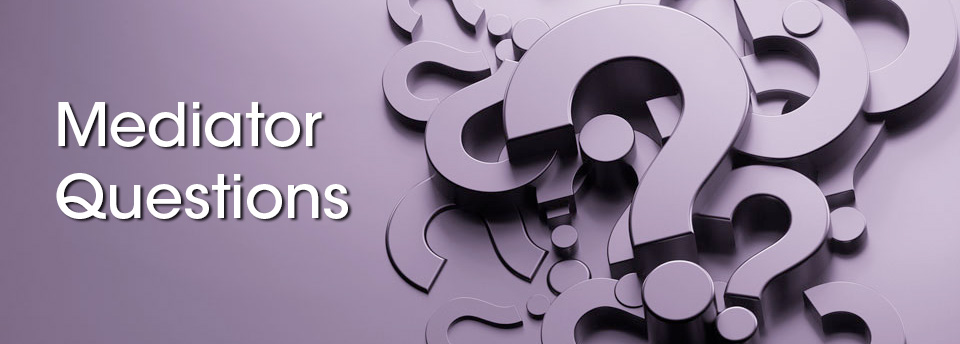
A mediator is a trained person in alternative dispute resolution. Effective mediators are certified as qualified by education, continuing mediation instruction hours, and mediation observations, by the Supreme Court of the state where he/she practices. A mediator assists two or more people or parties to find solutions to their dispute or lawsuit. A mediator is not a judge nor an arbitrator, but a neutral who facilitates parties to reach their own voluntary agreements.
Parties can be referred to mediation by the courts if they are already in litigation, or can voluntarily mediate in pre-trial mediation. Most cases in litigation must be mediated before they go to trial.
Almost always, yes. Mediation allows the parties to make their own agreement without the interference by the court. It is usually preferable to make your own decisions rather than substituting for court decisions. Mediation can be much more economical for parties, avoiding additional attorneys’ fees, expert fees, and discovery costs building up to a trial. Mediation can be much less stressful than trial.
There are mediators who specialize or have unique expertise in certain areas of the law, such as medical malpractice, complex commercial disputes, or product liability. Most mediators are certified in specific areas of interest, such as family law, circuit/civil cases, county court cases, elder law, dependency law, or appeals. Some mediators prefer certain areas and specialize in those areas, such as real property, probate, wills, trust, and guardianships. Not every mediator is certified, so be careful in your selection of a qualified, effective mediator.
Mediators charge according to their expertise. Mediators in private practice set their own fee schedules. Mediators who work for mediation firms may have minimums that they must charge because the individual mediators are sharing their fees with their firms. The firm mediators are usually more costly because of this arrangement. Most experienced mediators charge above $350/hour. Sometimes mediation firms charge for administrative set-up fees, conference room fees, or travel fees. Be sure you ask what the fees include. There are mediation services provided by the court system with discounted fees, usually for family cases with minimum family income.
Mediators usually ask the parties and their attorneys for a confidential mediation summary. This document should frame the issues, give a factual timeline, point out positives and negatives in the fact pattern, and develop some options for settlement. The document is always kept confidential from the opposing side UNLESS permission is granted to reveal such confidentiality to the opposing side. Mediators usually review the court docket and primary pleadings. Mediators can speak with each party and/or their attorney, but all conversations must be kept confidential.
There are many types of mediators for different types of cases. The best way to find a mediator for your type of case is to Google: Mediation-Family Law, for example. There is also a list at the Florida Supreme Court website of certified mediators, their locations, and areas of certification. Look for local mediation websites in your area. Read the credentials and qualifications of the mediator or mediators. Ask questions about fees. Call or email the mediator to see if this mediator is right for you.
Most mediations are being conducted on the Zoom.us platform, or other popular videoconferencing platforms. This is no cost to the parties. It also can provide a more relaxed and informal environment for the parties and attorneys, which may more easily contribute to developing a settlement. Breakout rooms are provided on the Zoom.us platform to insure that each side has confidentiality in their conferences with the mediator and with each other.
